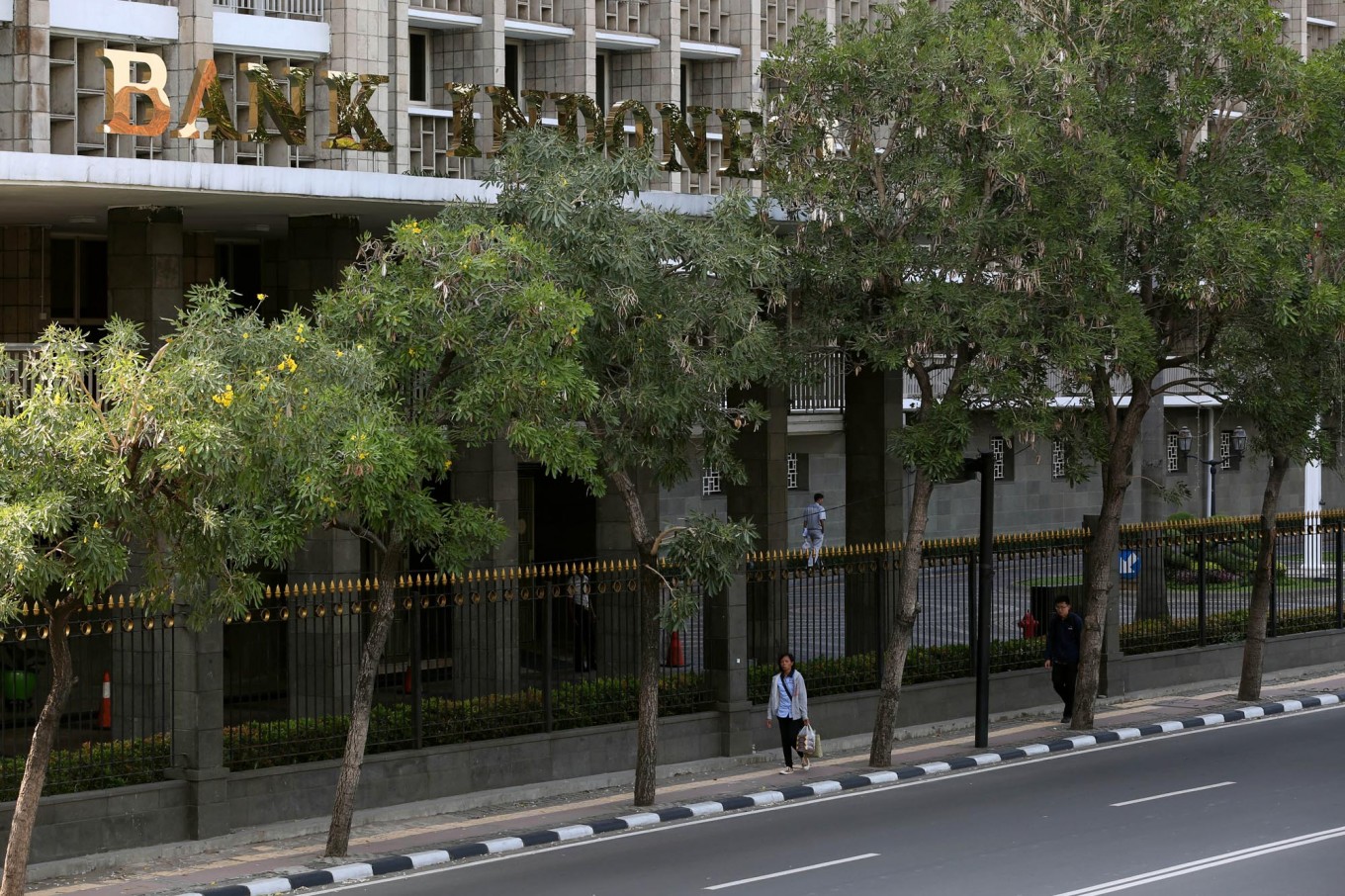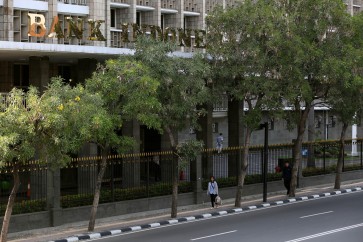Popular Reads
Top Results
Can't find what you're looking for?
View all search resultsPopular Reads
Top Results
Can't find what you're looking for?
View all search resultsQuest for Bank Indonesia's macroprudential policy
Three important monetary events have taken place during the last two months, and all could affect the outlook of Indonesia’s monetary policy.
Change text size
Gift Premium Articles
to Anyone
T
hree important monetary events have taken place during the last two months, and all could affect the outlook of Indonesia’s monetary policy.
The United States Federal Reserve (Fed) raised its rates in the middle of March, followed by Bank Indonesia’s (BI) decision to keep its benchmark rate in the end of the month and the appointment of the central bank’s new governor.
The Fed raised its benchmark interest rate by 15 basis points (bps) to a range between 1.5 percent and 1.75 percent. The rate was expected to further increase to the level of 5 percent before the 2008 global financial crisis.
The US rate hike resulted in the fall in global stock and currencies, including the rupiah, which fell by 2.6 percent against the US dollar at the end of March, with high volatility of 8.3 percent.


















